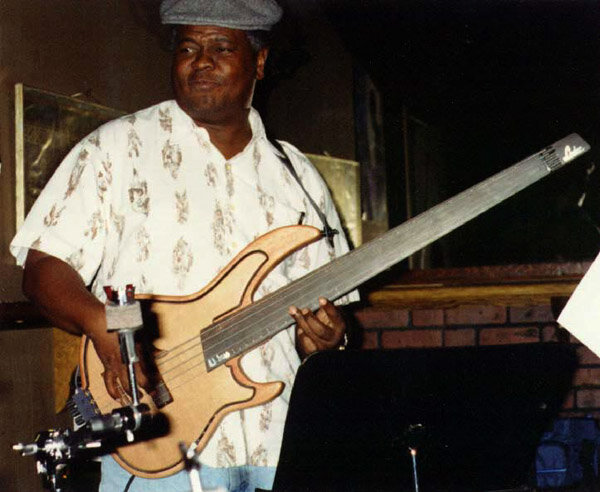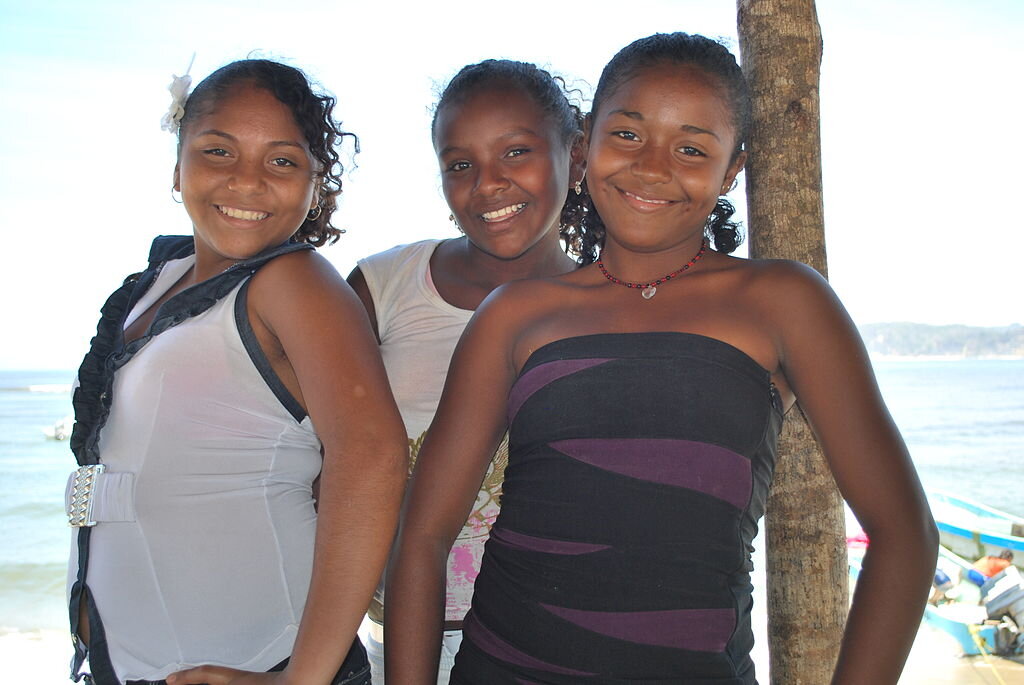“The police made me sing the national anthem three times, because they wouldn’t believe I was Mexican. I had to list the governors of five states too.” — Chogo el Bandeno, Afro-Mexican Singer-Songwriter
Last year was the first time Mexicans of African descent could identify themselves on the Mexican census. To understand why this is important, and to also better understand this cultural group’s impact on Mexico, read this quick guide to get you started.
Quick Facts:
200,000: The number of West Africans living in Mexico at the height of slavery.
2015: The first year Afro-Mexicans could identify themselves in the partial census
2.5 Million: The number of Afro-Mexicans identified in the full 2020 census – 2% of Mexico’s population.
1. Afro Mexicans often refer to themselves as:
-
Afromestizo (Mixed Race)
-
Negro
-
Moreno
-
Afrodescendiente
-
Afromexicano
2. Understanding Afro-Mexicans’ roots.
Most Afro-Mexicans in Costa Chica and Veracruz trace their roots to the Transatlantic slave trade. Other Afro-Mexicans include descendants of the Black Seminoles who fled Florida and those who emigrated from Africa.
3. Famous Afro-Mexicans include…
-
José María Morelos (Independence Hero)
-
Vicente Guerrero (Post-Revolution President)
-
Gaspar Yanga (founder of 1st free African township in the Americas)
-
Lupita Nyong’o (Kenyan-Mexican Actor)
-
Abraham Laboriel (Popular Session Bassist)
-
Juan Correa (18th-century Painter)
4. And yet, many Afro-Mexicans feel invisible.
Outside Costa Chica, there’s little awareness of Black Mexicans. They’re also often targeted by discriminatory practices and policies, resulting in poverty and other disastrous consequences.
That’s why the 2020 Census was so important.
The full 2020 census – the first where Afro-Mexicans had the opportunity to identify themselves – is an important step toward increasing visibility and recognition of their impact on Mexican culture.
Paragraph

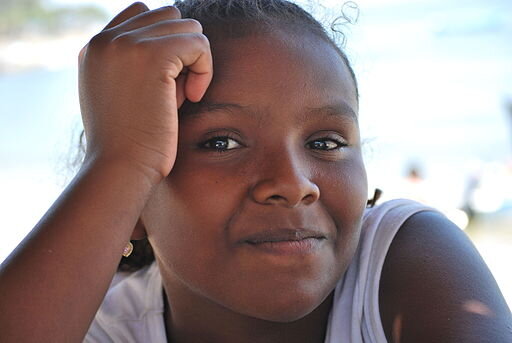
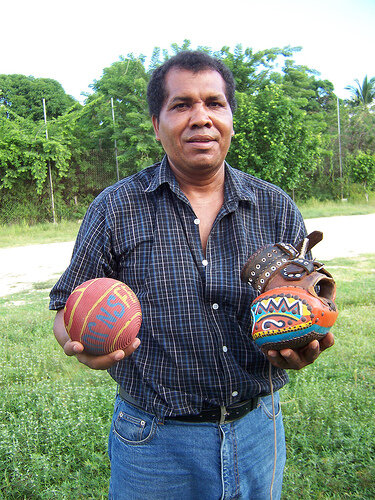
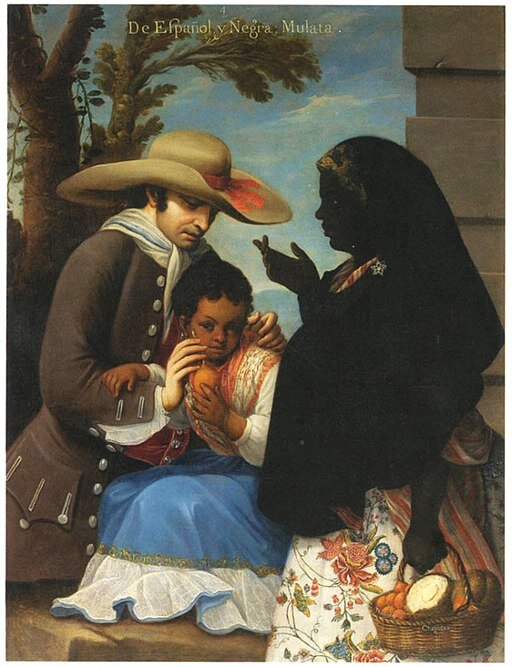 Español
Español